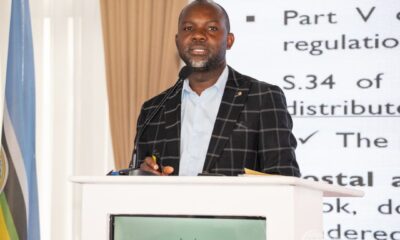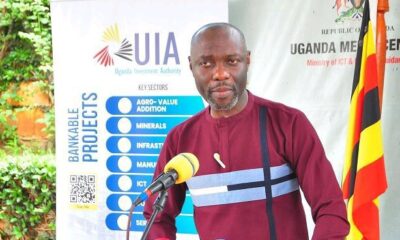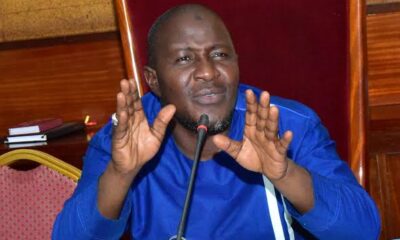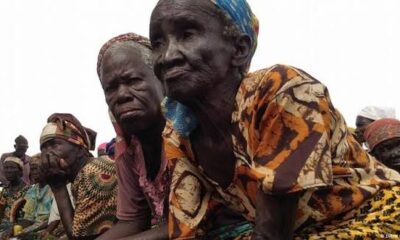Politics
BREAKING NEWS!! Over 190 Presidential Aspirants Pick Nomination Forms in Uganda, The World Left In Shock

Uganda is experiencing an unprecedented political moment as over 190 individuals have collected presidential nomination forms from the Electoral Commission, surprising both citizens and international observers. This record number of aspirants highlights the growing political energy and intense competition as the country approaches its general elections.

Among the latest entrants are Mohammed Nsereko, president of the Ecological Party of Uganda, and Denis Adim Enap, representing a faction of the Uganda People’s Congress (UPC). Speaking at the Electoral Commission offices, Nsereko emphasized that his campaign will address urgent national challenges such as combating corruption, promoting justice, reducing inequality, and increasing salaries for public servants. He urged Ugandans to study and support the Ecological Party’s manifesto, calling it a roadmap for tackling the country’s most pressing problems.
Denis Adim Enap also outlined his vision for Uganda, focusing on enhancing service delivery, strengthening healthcare, and advancing broader development goals. His campaign reflects a desire among many candidates to offer practical solutions to the challenges facing the nation.

The surge in presidential candidates reflects not only heightened political awareness but also the vibrant democratic spirit in Uganda. Citizens now face a wide array of choices as parties and individuals present diverse agendas, each promising to shape the country’s future. With such a historic number of aspirants, these elections are expected to be among the most competitive and closely monitored in Uganda’s history.
The unprecedented number of candidates has sparked nationwide conversations, with citizens questioning the practicality and seriousness of such a large pool of aspirants. Analysts suggest that while the high turnout reflects a lively democracy, it may also pose logistical challenges for the Electoral Commission in managing nominations, campaigns, and the eventual voting process. The sheer scale of participation raises questions about voter awareness, as many candidates may struggle to convey their messages to the broader public.

Observers note that this surge could indicate growing political engagement, particularly among young Ugandans eager for change and stronger representation in government. Civil society groups have praised the high participation, arguing that it stimulates debate on national issues and offers citizens a wide range of policies to consider. At the same time, concerns remain that so many candidates could fragment the vote, potentially benefiting established parties with well-organized political machinery.
As campaigns gain momentum, attention turns to how these aspirants will communicate their visions to the electorate. From televised debates to social media campaigns, candidates will need to present clear and concrete plans to win public trust. With over 190 individuals in the race, Uganda’s upcoming elections are set to be a historic and closely watched event, attracting keen interest from citizens and international observers alike, all eager to see who will emerge as the leading contenders.




















